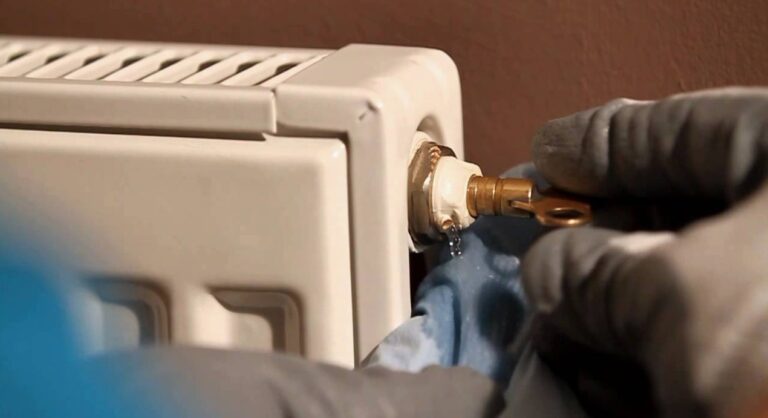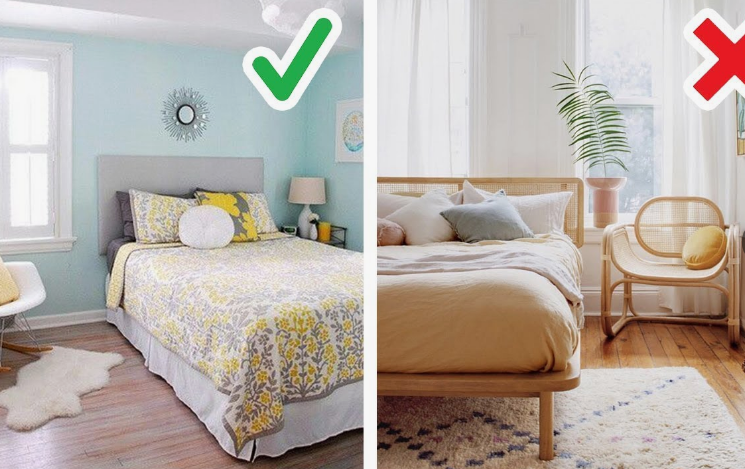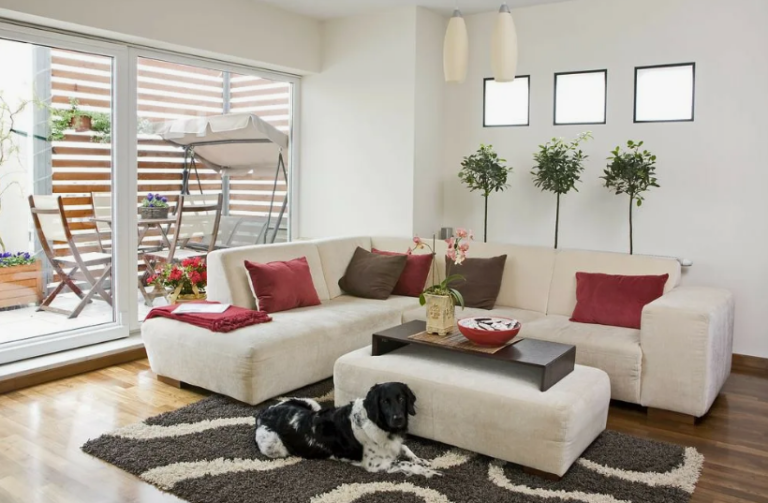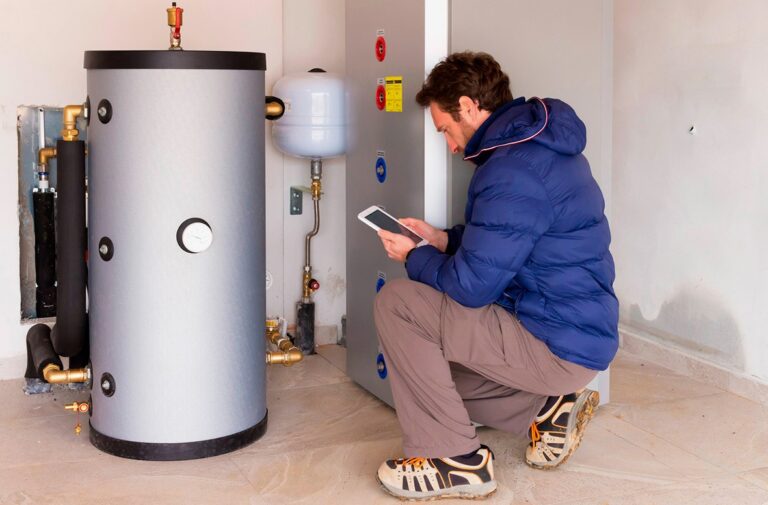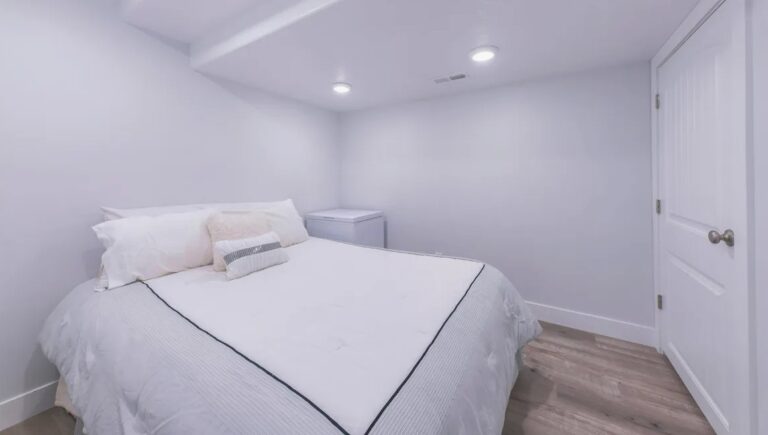Why Is My Bedroom So Hot? A hot bedroom isn’t just uncomfortable—it can disrupt sleep, affect productivity, and even impact your health. Many ask, “Why is one room hotter than the rest?” or “Why is my bedroom warm even on cold nights?”

If you’re tired of waking up in a sweat, this guide is for you. We’ll explore the common causes of hot bedrooms, like why it feels so hot inside your house, explain why the problem persists even on cold nights, and offer practical solutions to help you cool things down.
Common Reasons for a Hot Bedroom
Inadequate Ventilation
Poor airflow is one of the main culprits behind hot bedrooms. Heat can become trapped without proper ventilation, making a room unbearably warm.
Signs of Poor Ventilation:
- A stale or stuffy feeling in the room.
- Temperature differences compared to the rest of the house.
- Condensation on windows.
This lack of airflow makes it harder to maintain consistent temperatures, especially if heat becomes concentrated in a specific area.
Poor Insulation
If your room feels like an oven, particularly in extreme weather, poor insulation might be the problem. Insufficiently insulated walls and ceilings allow heat to transfer quickly, retaining warmth during the day and keeping your room hot even on cold nights.
Why It Matters
- Heat enters during the day and lingers into the night.
- Poor insulation allows unregulated temperature swings depending on outdoor conditions.
Heat Sources Within the Room
Sometimes, the problem is as close as the items in your room. Electronics (like TVs or gaming consoles), heavy curtains, or thick bedding contribute to overheating in your space.
Examples of Heat Culprits
- Gaming consoles and computers running for long periods.
- Heavy drapes that trap heat.
- The bedding is designed for colder climates.
HVAC System Issues
Even advanced air conditioning or heating systems can contribute to uneven cooling or heating. Blocked vents, improper airflow, or outdated systems can leave one room—like your bedroom—feeling like a sauna.
Common HVAC Problems
- Blocked or closed vents.
- Imbalanced ductwork prioritizing some rooms over others.
- Lack of regular maintenance causes inefficiencies.
Why Is One Room Hotter Than the Rest?
Location of the Room
Your bedroom’s placement plays a massive role in temperature differences. For instance:
- Rooms on upper floors tend to be hotter as heat rises.
- West-facing windows get direct sunlight in the afternoon and evening, intensifying heat buildup.
Design and Construction Flaws
Poor building design can emphasize temperature inconsistencies. If your home was built without proper attention to airflow or insulation, you might experience:
- The ductwork doesn’t distribute air evenly.
- Windows lack shading, especially in sun-heavy areas.
Heat Retention from Nearby Areas
Heat from adjacent rooms, such as kitchens or bathrooms, can seep into your bedroom. Similarly, residual heat may transfer through the walls if your room shares walls with uninsulated garages or attics.
Why Is My Room Hot Even on Cold Nights?
Heat Buildup During the Day
Rooms exposed to constant sunlight or heat sources retain that warmth well into the night. Windows, walls, and other surfaces soak up heat during the day and release it slowly when the temperatures drop.
Tips to Minimize Heat Buildup:
- Use blackout curtains during the day to block sunlight.
- Open windows after sundown to allow cool air to circulate.
Inefficient Heating Systems
Heating systems, if not properly balanced, can inadvertently overheat certain rooms. For example:
- A thermostat placed in a cool downstairs room could overcompensate, overheating the upstairs bedrooms.
Drafts and Air Leaks
Air leaks around windows and doors may allow unwanted warm air to seep into your bedroom, especially if it’s poorly insulated.
Signs of Drafts:
- Feeling uneven temperatures near doors or windows.
- Noticing small gaps or cracks.
Practical Solutions for a Cooler Bedroom
Improve Ventilation
Proper airflow is key to maintaining a comfortable temperature. Some tips:
- Use fans or air purifiers to circulate the air.
- Adjust and clean air vents and ducts regularly.
Upgrade Insulation
Investing in insulation can significantly improve your bedroom’s comfort.
- Add insulation to walls, ceilings, and floors where heat lingers.
- Use thermal curtains to block sunlight and keep your room cooler.
Optimize Your HVAC
Addressing uneven cooling or heating in your HVAC system can make all the difference.
- Inspect and adjust air vents to ensure balanced air distribution.
- Schedule regular professional HVAC maintenance.
Minimize Heat Sources
Taking small steps to reduce indoor heat can create a noticeable change:
- Unplug electronics when not in use.
- Swap out heavy bedding for light, breathable fabrics.
Invest in Long-Term Adjustments
- Installing energy-efficient windows or weatherstripping.
- Ceiling fans or portable AC units should be added for additional cooling.
When to Call a Professional
Sometimes, DIY solutions just won’t cut it. These are scenarios when consulting an expert is key:
- Persistent temperature issues despite following the steps above.
- Visible damage or gaps in insulation, windows, or seals.
- Regular HVAC maintenance hasn’t resolved the issue.
A professional can diagnose hidden causes and recommend tailored solutions, ensuring your home becomes comfortable.
Achieving a Comfortable Bedroom for Better Sleep
Hot bedrooms can be frustrating, but the good news is that solutions exist. Whether the issue stems from poor ventilation, insulation problems, or HVAC inefficiencies, there are steps you can take to cool your bedroom down and create a restful environment.
Start with minor improvements like adjusting airflow and minimizing heat sources, and don’t hesitate to make more extensive adjustments, such as upgrading insulation or investing in maintenance.
Remember, a comfortable bedroom is more than a luxury—it’s essential for better sleep, improved productivity, and overall well-being.

